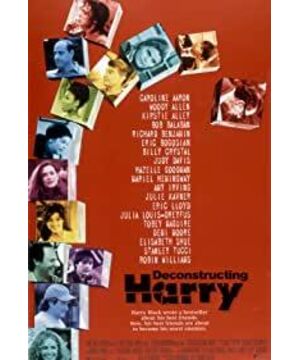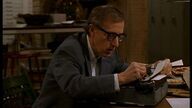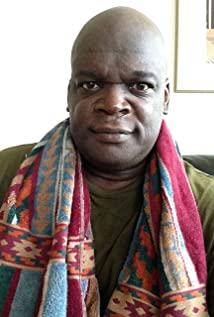The director tries to deconstruct himself into a large number of thinking fragments to analyze what kind of existence he is.
First of all, the nature of men and the pursuit of women made him get carried away with happiness, but every time he felt like falling into hell in the next marriage life.
As a writer, he wrote some comedy stories about his pain, and living in a virtual world is his rare happiness in life. But often because of the lack of inspiration, the lost him feels like he has lost his focus, he is blurred, and he wants to disappear into the world, and no one can see him, including himself of course.
There is another problem that cannot be solved in reality, which is endless loneliness. He could not derive a sense of belonging from his Jewish family blood and religion, or from the social reputation that had deserted him. So much so that it has been necessary to spend money to buy the company of prostitutes.
These torn pieces formed his current state. There are many tearful clips in the film, and the director seems to want to use this technique to describe his psychological state.
The friend who was originally ruled out terminal illness but died unexpectedly turned into a ghost and came back to tell him that in fact, as long as he is alive, he is happy, but I don't think this has solved his problem.
In the end, the director returned to the fictional world he weaved. In his dreams, he could find some passion, understanding and companionship in creating characters, which made him feel a little bit of warmth. So he immediately set about writing the next story.
View more about Deconstructing Harry reviews











